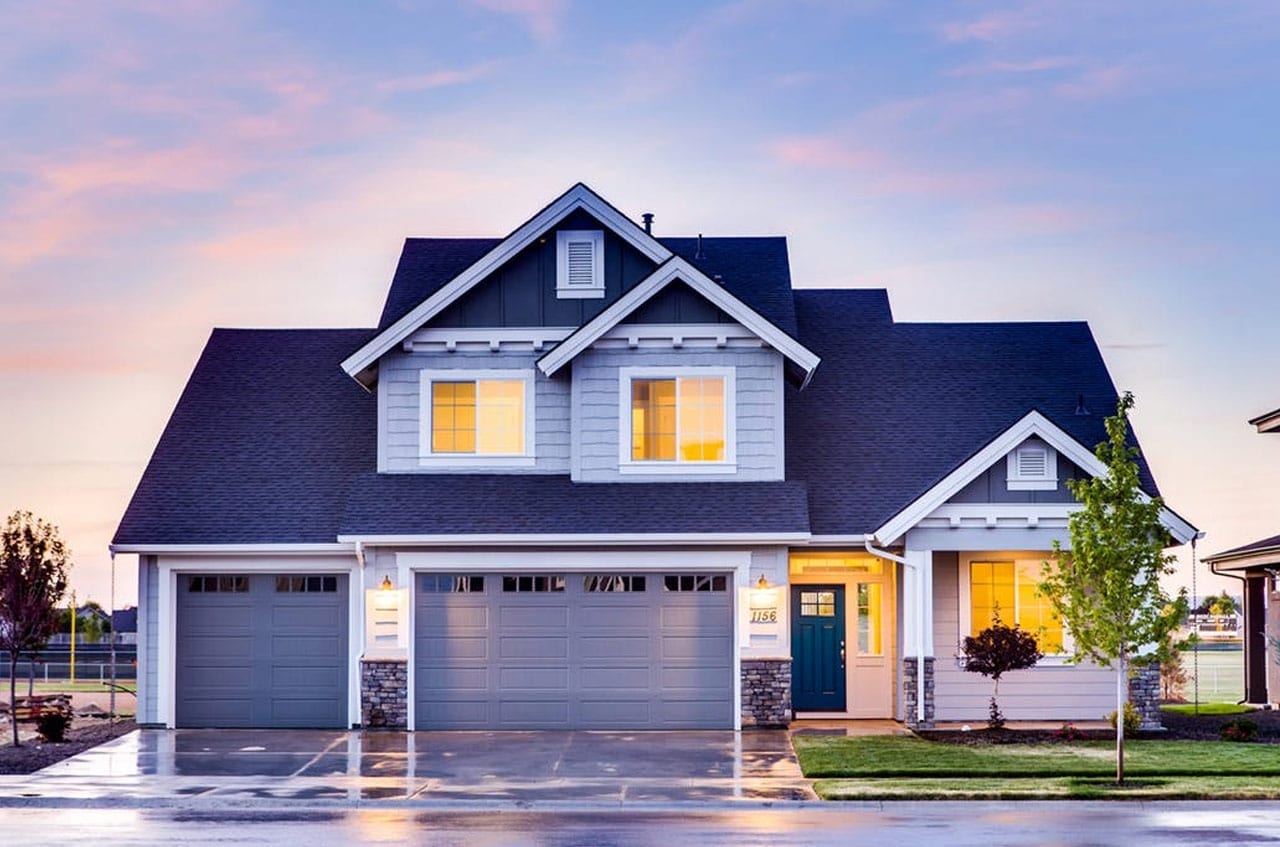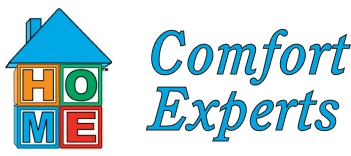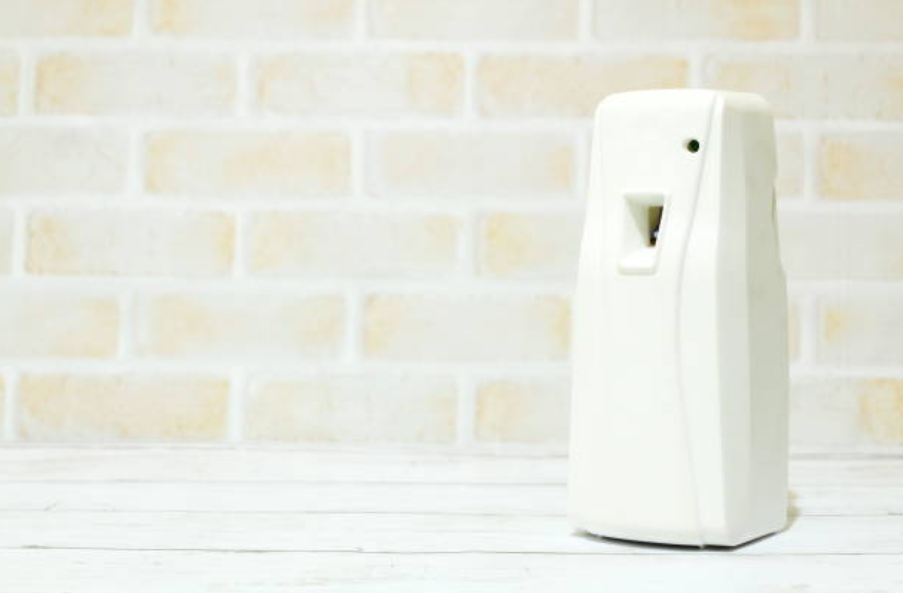Blog
7 Tips to MAKE YOUR HOME HEAT EFFICIENT

Most of us do not consider our home a “system,” but if we did, we could make them more energy efficient, comfortable and save money, all at the same time! Professional heating contractors do view homes as systems, because so many parts of them affect each other. Their professional knowledge and technical expertise can help you operate your home – or your “domestic habitation system,” if you prefer – more efficiently.
- Starting with the heating and hot water equipment: modern, energy-saving heating systems save homeowners a lot of money over the lifespan of the units. They heat more efficiently, which shows up as decreased energy consumption and lower utility bills. They also increase the resale value of your home. Matching unit size to house size is crucial for efficiency.
Related read: How to know when it’s time to replace your furnace
2. The largest appliances – washers/dryers, dishwasher and refrigerators – are the biggest energy hogs. Keeping yours up to date and monitoring how often and when you use them can result in significant savings.
3. There are countless other actions a homeowner can take to increase comfort and efficiency and save on utility bills. Insulate, insulate, insulate from heat loss with new windows, and make sure the insulation in your walls, basement and attic is effective.
Related read: Look at R-values to create an efficient heat barrier for your home
4. Turning off vents in rooms that are not being used also saves energy and money. If you replace an old refrigerator, don’t keep the old one running in the garage or basement. Get rid of it: it uses too much power. Replace incandescent lightbulbs with compact fluorescent lamps (CFLs) or even newer LED bulbs. No matter what types of lightbulbs you have, turn them off when not in use. Even little things like chargers for laptops and phones should be unplugged when not in use, as they use a surprising amount of electricity.
5. Use landscaping to insulate your home from the outside. Shade trees on the sunny side of your home will reduce cooling needs in summer.
6. Some investments in energy efficiency – including renewable energy technology such as solar panels, electricity-generating wind turbines, and geothermal pumps – qualify for state and federal tax incentives, so the upfront investment may be less than it initially appears.
7. A good way to get started improving your home’s energy efficiency is with a home energy audit. When conducted by a professional, the process uses infrared cameras, blower doors, surface thermometers and other special equipment to find out how and where a home is using (or wasting) energy and identify ways to save. One can also do a DIY energy audit: it’s not as complete as a professional audit, but it can help identify some of the bigger sources of inefficiency.
Related read: A home energy audit you can do yourself
Home Comfort Experts offers home energy audits and installation and maintenance of heating and cooling systems in South Bend, Mishawaka, Fort Wayne and the surrounding areas of Indiana and Michigan. Call (574) 255-4600 to start making your home more energy efficient today.






